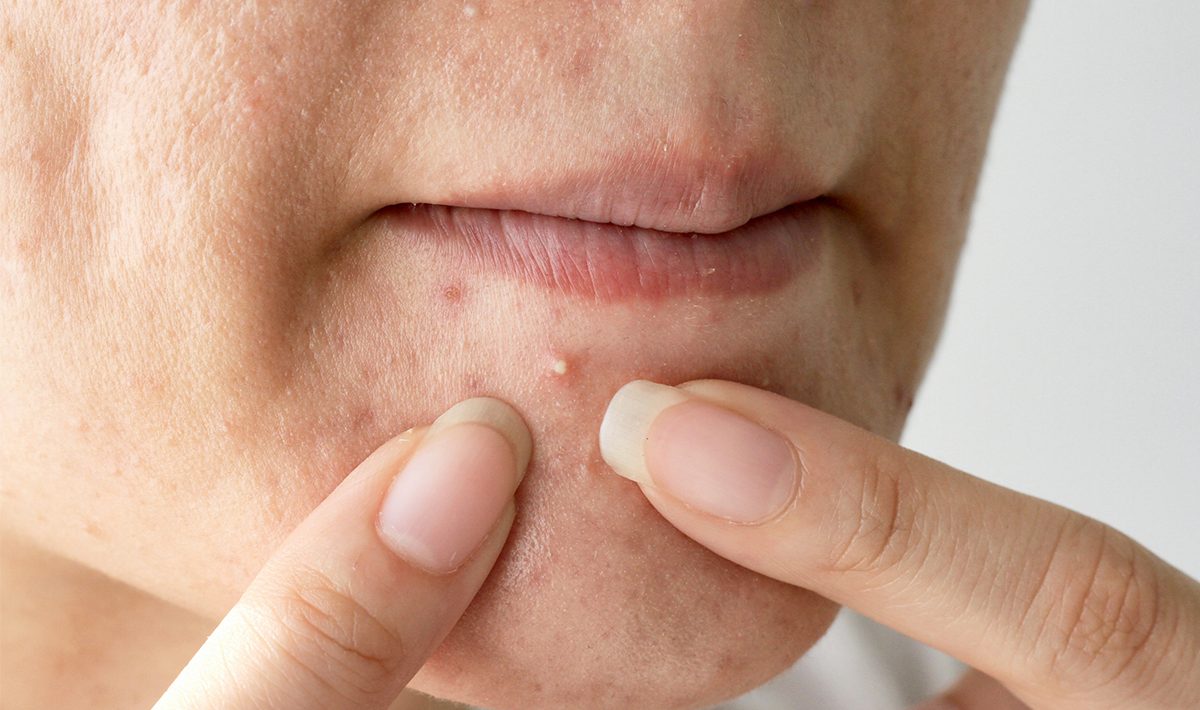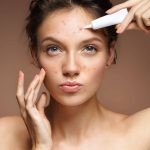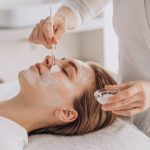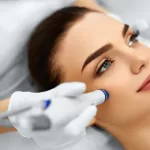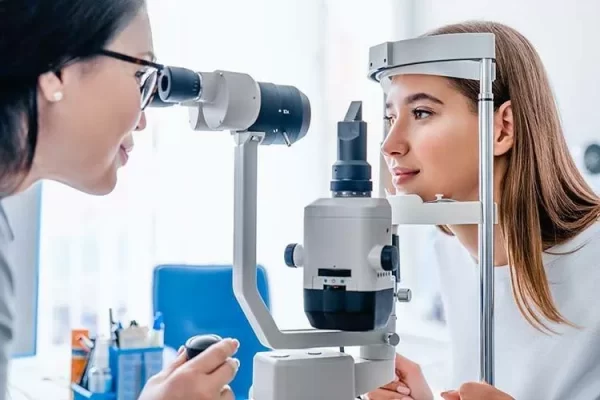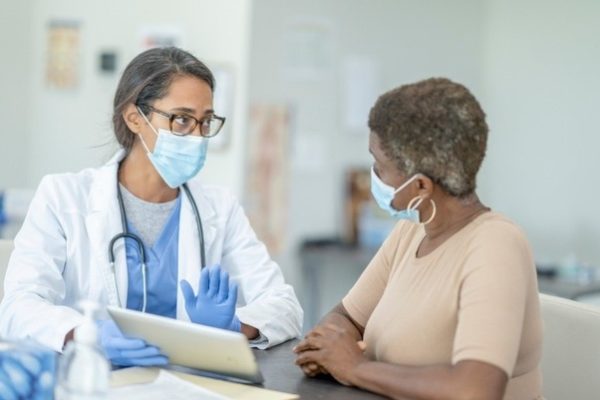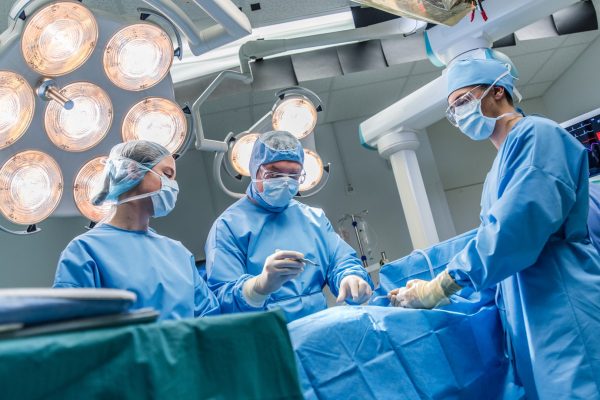How can you maintain your skin health? The skin is the outer covering of your body that protects the body tissues and organs from mechanical damage. The skin needs protection and cares to enhance its function. You can protect your skin by taking healthy diets, drinking plenty of water, wearing protective clothing, and doing regular skin health check-ups. The Integrated Dermatology of 19th Street team offers passionate care to treat various skin conditions, including acne. In addition, they also provide cosmetic dermatology. Here we discuss acne, one of the most common skin problems.
What is acne?
It is a condition that causes pimples on your skin. Acne is a typical skin concern that develops when your skin pore overproduces skin oil, trapping dead skin cells. Bacteria may enter the pore from your skin surface, leading to inflammation and infection-causing pimples. Acne can occur at any age, but it’s common during puberty. The hormonal changes during puberty increase sebum production.
What are the different types of acne?
Your dermatologist groups acne depending on how the acne looks and affects your skin. They include the following. Blackheads include open pores loaded with oil and skin cells and appear dark due to the light reflection against the open pore. Whiteheads appear as white bumps on the skin caused by the clogged hair follicles beneath the skin. Pimples are inflamed lesions that appear as small or pink bumps on the skin that are sensitive to the touch. Nodules are large, sore solid lesions embedded deep into your skin. Pustules are pimples with white or yellow pus lesions with a red base. Cysts are severe nodule acne filled with pus. Cysts may be painful.
What causes acne?
Acne may result from various causes, including excess oil production in your skin pore and accumulation of dead skin cells in the pore. Acne may occur when bacteria enter your skin pore.
What are the risk factors for acne?
Certain factors may increase your risk for acne, including the following. High levels of androgen, male sex hormones, may cause acne. It is common during puberty and causes sebaceous glands to expand, producing more sebum. Hormonal changes during pregnancy also lead to acne. You have an increased risk for acne if your relative has acne. Certain medications that have lithium, corticosteroids, or hormones may cause acne. Unlike what you may presume, some factors, such as diet and stress, do not cause acne but may worsen it. You may also worsen acne by scrubbing the skin too hard, environmental irritants, and squeezing at blemishes.
What are the treatment options for acne?
Acne is common, but there are treatments. Please seek medical treatment if acne fails to improve with at-home treatments. Your provider examines your acne to develop a personalized treatment plan. Your treatment options for acne may include topical acne creams, oral antibiotics, laser treatments, isotretinoin, and prescription acne products. Your provider may also recommend chemical peels to address acne and restore your skin health and appearance.
Acne is common during adolescence, but you may also develop it in adulthood. Depending on the type of acne, it can be painful and make you feel uncomfortable. The dark spots left after acne heal may also interfere with your skin’s appearance. Contact the specialists today to schedule your consultation to get the help you need.

